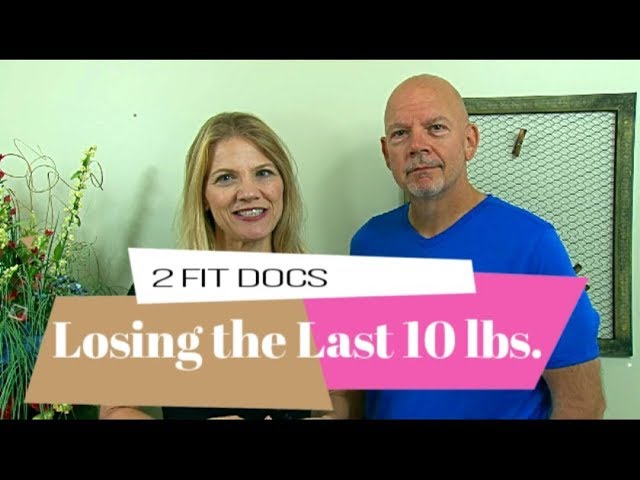
Sharon Osbourne's recent weight loss journey has stirred both admiration and concern. The 71-year-old media personality and businesswoman has been candid about her battle with weight, revealing that she lost a remarkable 42 pounds in a stunning four-month period. But while many applaud her transformation, questions loom about the methods she employed and the consequences that followed.
Osbourne candidly revealed in a November 2023 Daily Mail interview that she started using the controversial diabetes medication, Ozempic. This drug, also known as Wegovy, is intended to help users manage their blood sugar by promoting a feeling of fullness, thus reducing food intake. However, it’s essential to note that this weight loss medication has raised eyebrows for its off-label use in weight management among those without diabetes.
"I've lost 42 pounds and I can't afford to lose any more," Osbourne shared in her interview, highlighting her growing concern for her health after shedding this significant amount of weight. The drastic loss left her weighing just 92 pounds, which she felt was too gaunt for her frame. "I'm too thin now," she expressed, underscoring her struggle with the physical and mental toll of her weight loss journey.
Admitting to users on Ozempic often experiencing rapid weight loss, Sharon’s case raises an important question: how much is too much? Many people might find themselves questioning the sustainability of such an approach. After losing weight rapidly, Osbourne found herself grappling with the challenge of trying to regain it. “I was injecting myself with Ozempic and I lost three stone in four months. Too much. I now weigh seven stone [98 lbs.] and can't put on weight,” she lamented.
Despite her initial success with Ozempic, Sharon ultimately decided to stop taking the drug. In the wake of her experience, she also urged others to be cautious with their weight-loss methods. She reflected with a sense of regret, stating that while she pursued a slimmer figure, she became increasingly uncomfortable with her appearance.
Yet, the reality of weight loss at any age prompts a closer examination of how societal expectations affect people, particularly women. Sharon’s journey, both inspiring and alarming, presents an opportunity for discussion surrounding body image and health. In a culture that often equates thinness with beauty, how do individuals maintain a healthy self-image? Sharon Osbourne’s reflections have prompted me to think critically about these questions.
The conversation surrounding Ozempic continues to evolve, especially considering the varying experiences individuals report when using the medication. While some may benefit from it, others report negative side effects or rapid loss that leaves them feeling unwell. According to current insights, it is common for people to regain weight after stopping the medication, with some regaining as much as two-thirds of the weight lost within a year. Understanding these risks can significantly influence people's choices related to weight loss.
In light of her experiences, Osbourne has begun embracing a more holistic view of health and wellness. While she achieved a notable weight loss, she is now focused on finding balance in her body. In various interviews, she has emphasized the importance of being "more accepting of my body" and recognizing that health is not solely defined by numbers on a scale. This shift in perspective resonates with so many individuals who find themselves in similar predicaments.
Reflecting on her weight loss journey, Osbourne has expressed her gratitude for the lessons learned. "I’m through with weight loss for the sake of appearance; I want to feel strong and healthy." This insight has the potential to inspire a much broader audience – particularly women over 50 who often face societal pressures related to their bodies during this stage of life.
As Sharon Osbourne continues to navigate the complex world of health and wellness, many are left wondering about their paths. The weight loss journey is often fraught with challenges and misconceptions, yet stories like Sharon’s ignite a much-needed discussion about self-acceptance and the importance of feeling good in one’s own skin.
In conclusion, Sharon Osbourne's experience with rapid weight loss serves as a compelling narrative that encapsulates the various struggles individuals face on their health journeys, especially under societal pressure. As she takes steps toward a more balanced health philosophy, many can draw inspiration from her story of transformation, acceptance, and resilience.







